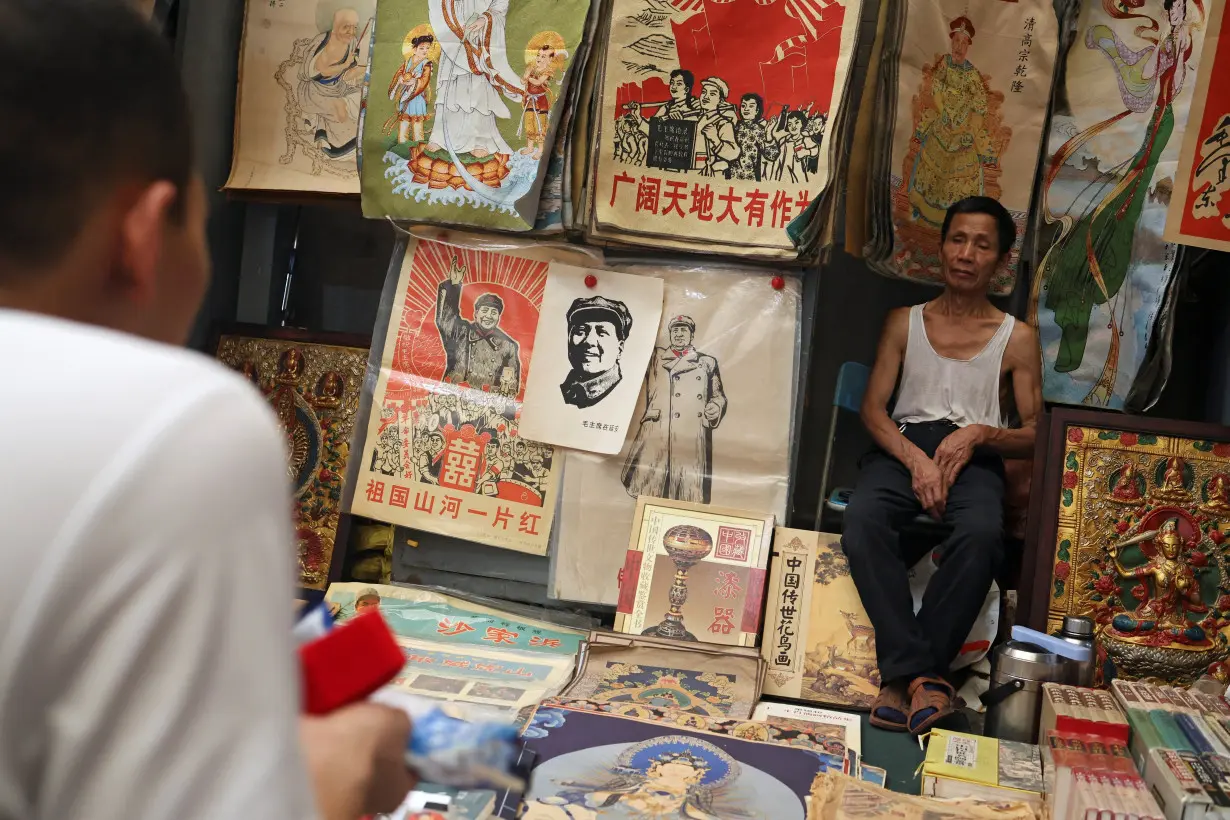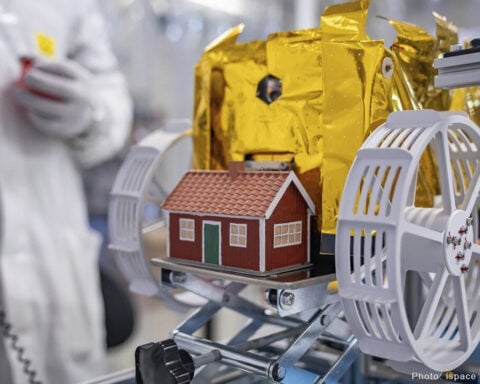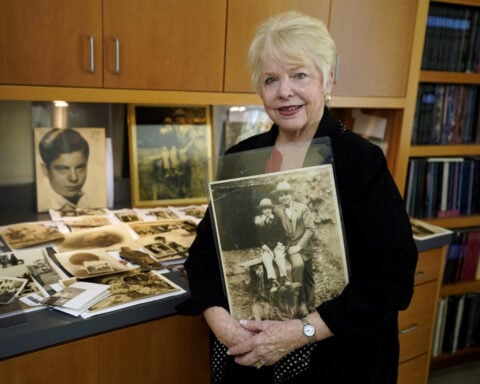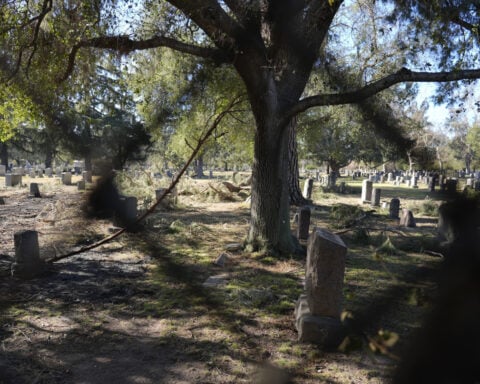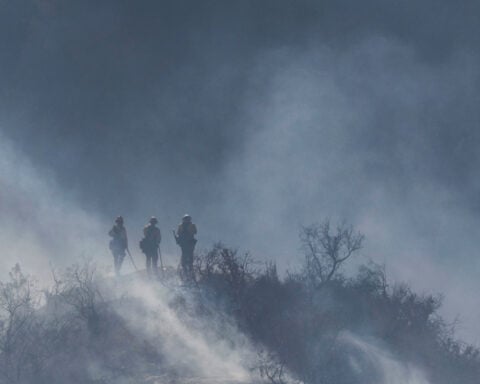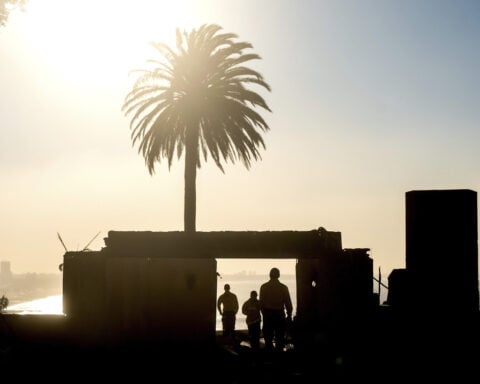By Laurie Chen
BEIJING (Reuters) - At Beijing's largest antiques market, Panjiayuan, among the Mao statues, posters and second-hand books are prominent signs warning against the sale of publications that might have state secrets or "reactionary propaganda".
Some of the signs display a hotline number so that citizens can tip off authorities if they witness an illegal sale.
China's antique and flea markets were once a gold mine of documents for historians, but now the signs are emblematic of the chill that has descended on their ability to do research in the country.
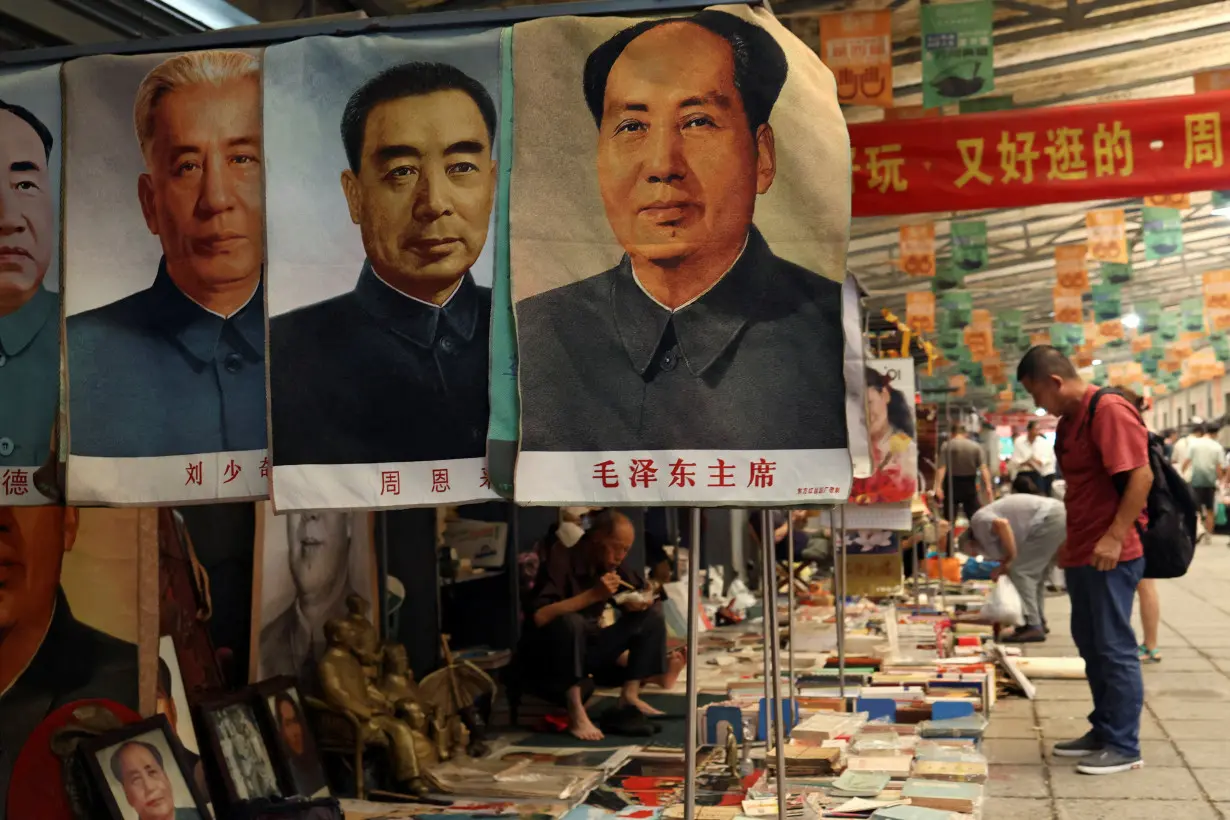
On one hand, Beijing wants to increase academic exchange and President Xi Jinping last November invited 50,000 American students to China over the next five years - a massive jump from about 800 currently.
How much steam that will gather is very much an open question. But scholars of modern Chinese history in particular - arguably among the people most interested in China - fear that tightened censorship is extinguishing avenues for independent research into the country's past.
This is especially so for documents relating to the 1966-1976 Cultural Revolution - the most historically sensitive period for the Chinese Communist Party - when Mao Zedong declared class war and plunged China into chaos and violence.

"I would say the period of going to flea markets and simply finding treasure troves is pretty much over," said Daniel Leese, a modern China historian at the University of Freiburg.
Trawling for documents "has basically gone out of favour because it has simply become too complex, difficult and dangerous," he said, adding that younger foreign scholars are increasingly relying on overseas collections.
The Chinese Communist Party has exerted control over all publications including books, the media and the internet since establishing the People's Republic of China (PRC) in 1949, with the degree of censorship fluctuating over time.
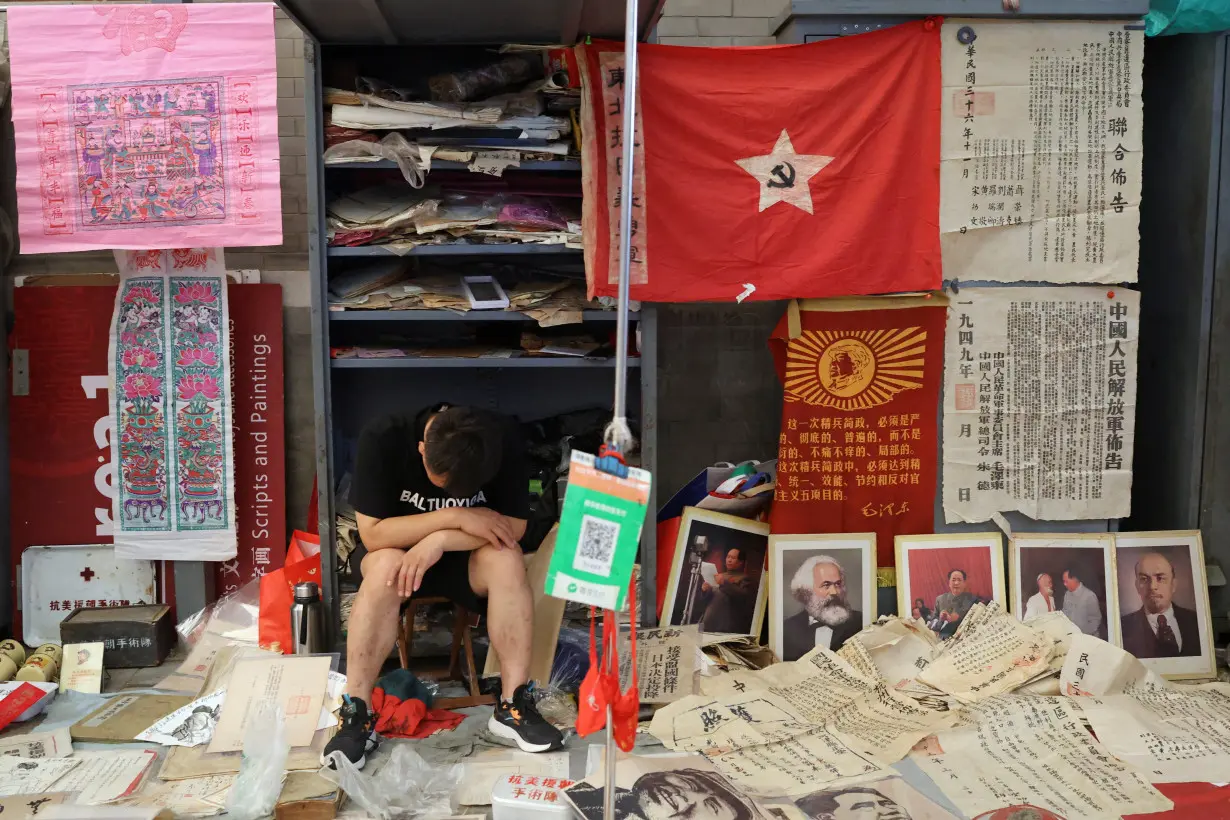
But censorship has only intensified under President Xi Jinping, who came to power in 2012 and has blamed "historical nihilism" or versions of history that differ from the official accounts for causing the collapse of the Soviet Union.
In recent years, a raft of new national security and anti-espionage legislation has made scholars even more wary of citing unofficial Chinese materials.
Some scholars of modern Chinese history who have published studies that either challenged Chinese state narratives or are on sensitive topics say they have been denied visas to China.
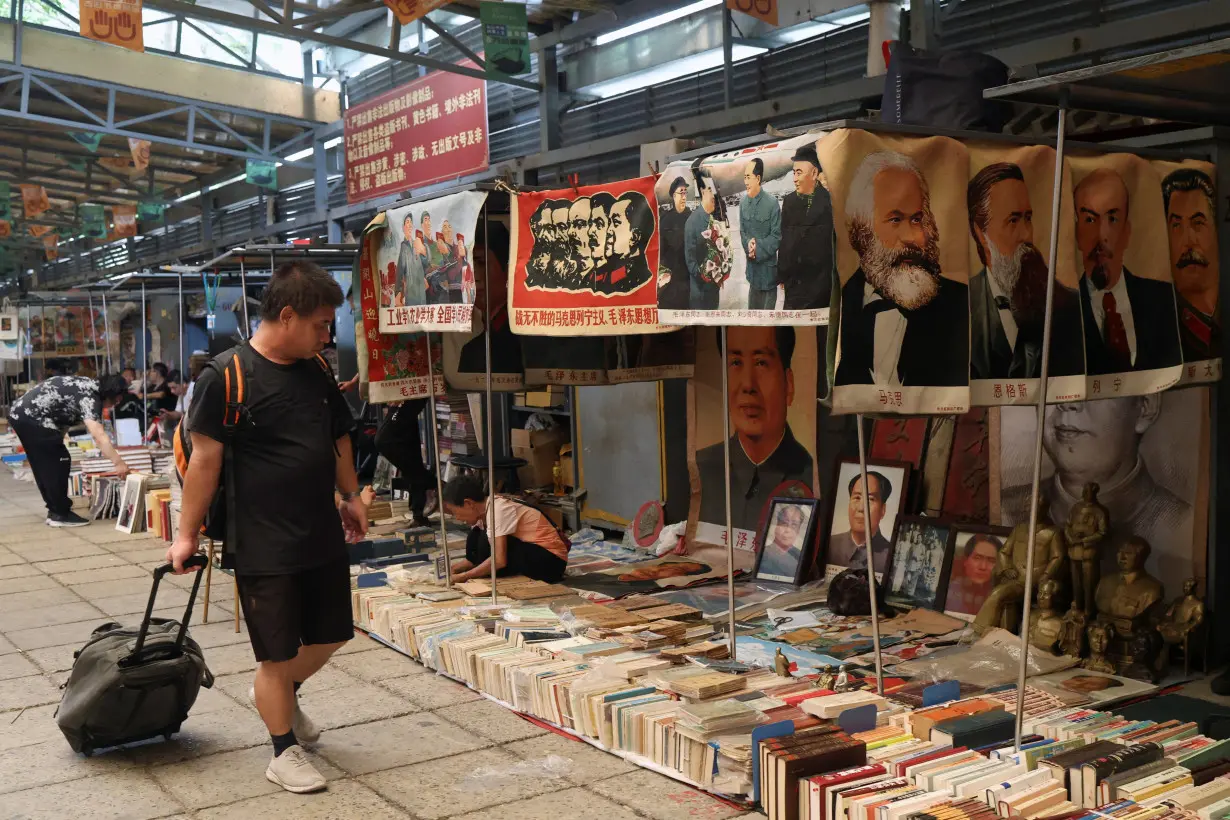
James Millward, a historian at Georgetown University, said he had been visa-blocked on several occasions after contributing to the 2004 book "Xinjiang: China's Muslim Borderland" but has since received short-term visas a few times albeit after a lengthy process.
The political climate is also shaping how historians choose their research subjects. One historian based in the U.S. said he has chosen to work on non-controversial topics to maintain travel access to China. He declined to be identified due to the sensitivity of the issue.
China's education ministry did not respond to a Reuters request for comment. The foreign ministry said it was unaware of relevant circumstances.
DOCUMENTARY DISCOVERIES
Leese and other foreign historians say they previously found case files of persecuted intellectuals as well as secret Communist Party documents at Chinese flea and antique markets.
These were often donated by relatives of deceased officials or painstakingly rescued by booksellers from recycling centres near government offices disbanded during the mass state sector layoffs of the 1990s.
But the government has, since 2008, cracked down on flea markets and other sources of used books and documents. Buyers have been arrested, sellers have been fined and used book websites have been cleared of politically sensitive items, according to domestic media reports, collectors and four overseas researchers who spoke with Reuters.
In 2019, for example, a Japanese historian was detained for two months on spying charges after buying 1930s books on the Sino-Japanese War from a second-hand bookshop.
Two years later, a hobbyist accused of selling illegal publications from Hong Kong and Taiwan publishers on Kongfuzi, China's biggest website for used books, was fined 280,000 yuan ($39,000) for not having a business licence, Chinese media reported.
And this year, two workers at a recycling centre were punished for selling confidential military documents, state media said.
Buyers now cultivate personal relationships with merchants who sell through WeChat, said a Beijing-based collector interested in documents from the Cultural Revolution, who spoke on condition of anonymity.
Historians also note that access to the vast majority of local government archives has been restricted since 2010 and their digitisation has enabled censors to heavily redact them.
Foreign-based historians add that their counterparts in mainland China can only preserve materials for posterity in the current political climate. But not all are downbeat.
"Even under Xi, Chinese scholars continue to seek openings and enlarge the understanding and interpretation of PRC history," said Yi Lu, assistant history professor at Dartmouth College, who has worked extensively with Chinese university collections of 20th-century materials. "All is not lost." (This story has been refiled to say 'historical nihilism,' not 'historic nihilism,' in paragraph 10)
(Reporting by Laurie Chen; Editing by Edwina Gibbs)

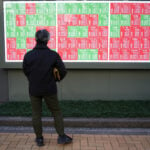 Stock market today: Asian stocks mixed ahead of US inflation data
Stock market today: Asian stocks mixed ahead of US inflation data
 TikTok seeks to reassure U.S. employees ahead of Jan. 19 ban deadline
TikTok seeks to reassure U.S. employees ahead of Jan. 19 ban deadline
 US won't seek charges in unarmed Black motorist Ronald Greene's fatal 2019 arrest
US won't seek charges in unarmed Black motorist Ronald Greene's fatal 2019 arrest
 Euro zone households could increase consumption, ECB chief economist says
Euro zone households could increase consumption, ECB chief economist says
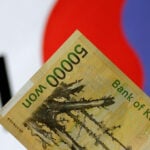 Foreigners sold South Korean equities last month by most since early 2020
Foreigners sold South Korean equities last month by most since early 2020
 As fires ravage Los Angeles, Tiger Woods isn't sure what will happen with Riviera tournament
As fires ravage Los Angeles, Tiger Woods isn't sure what will happen with Riviera tournament
 Antetokounmpo gets 50th career triple-double as Bucks win 130-115 to end Kings' 7-game win streak
Antetokounmpo gets 50th career triple-double as Bucks win 130-115 to end Kings' 7-game win streak
 No 97 Laura Siegemund upsets Olympic champion Zheng Qinwen at the Australian Open
No 97 Laura Siegemund upsets Olympic champion Zheng Qinwen at the Australian Open
